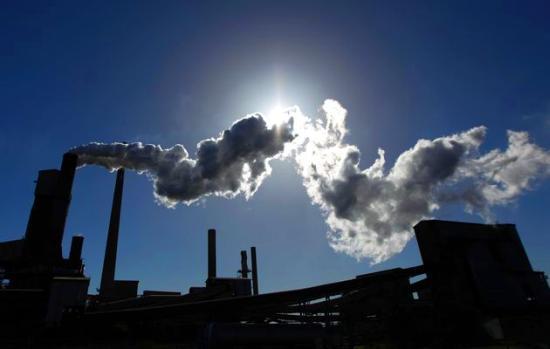
India's inability to set up new projects means older, inefficient companies reap windfall profits while new businesses will struggle due to lack of resources.
It is obvious by now to almost everybody that it has become incredibly difficult to set up new projects in India. Whether they are new greenfield manufacturing sites or critical basic infrastructure, not much is happening in terms of new project activity.
Talk, for instance, to any banker and they will tell you they have not seen a new greenfield project seeking approval for almost a year now.
On the infrastructure front, the majority of projects awarded by the National Highways Authority of India over the last 18 months have yet to start work.
They can't get land, environmental approvals or financial closure - such is the sad state of our premier road-building programme.
As an aside, power capacity worth 20,000 MW is stranded for lack of stable and price-competitive fuel linkages. With so much money stuck in these projects, who will start a new power venture today?
New investments are not taking place for several reasons: lack of clarity in government policy, land acquisition-related issues, delays in environmental clearances, fund shortages, lack of fuel security and so on.
All these issues are well known and discussed ad nauseam in the financial media. Everybody knows what the issues are.
...
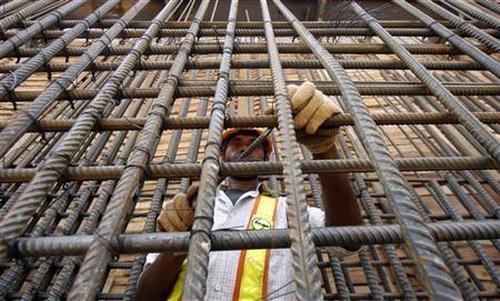
On the other hand, the solutions - while obvious - seem very difficult to operationalise. In the absence of a fundamental improvement in the business environment, no entrepreneur will be prepared to commit capital to new capacity.
What is more important, however, is the consequence of this investment famine and how it will affect various players in the economy.
The first consequence concerns the impact on economic growth. Since no investments are being planned by the private sector, a strong revival in capital expenditure is unlikely.
Even though the public sector will accelerate its spending on new capacity creation, we are not going to get back to 8 to 9 per cent economic growth unless there is a surge in private sector capex.
The lack of infrastructure is also a binding constra#8747 it will cripple our growth trajectory. The current absence of fresh projects for power and for roads will hurt us very badly two years from now.
We will simply not have enough power to allow us to grow at 8 per cent. Slow GDP growth has inevitable consequences for tax revenue, fiscal stability and job creation.
Second, given limited investment in capacity creation, supply-side issues will remain a bugbear. Much of our problem with inflation can be traced to the supply side, and this weakness will not be addressed.
...
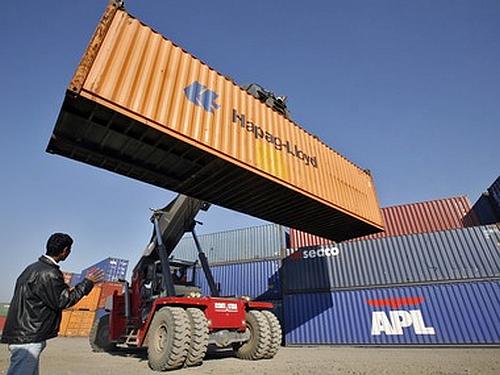
Inflation is not likely to decline in a sustained manner if we don't ramp up the supply of all inputs across the economy. In such a scenario, any growth acceleration will inevitably trigger a fresh burst of rising prices, since companies use capacity constraints to exert pricing power.
Will interest rates be able to trend down as much as the bulls assume? Can we get back to 4 or 5 five per cent inflation?
The third issue deals with the current account deficit. We are already running deficits of between 4 and 5 per cent (among the highest in the world).
With limited new capacity creation across the economy, we are likely to be stuck with high import growth; clearly, domestic production capacity will not suffice to meet the economy's needs.
We are already importing large quantities of coal; we will soon import iron ore (given the closing of domestic mines), most of our electronics, steel, fertilisers and so on.
As domestic capacity creation stalls, our current trade deficit (over $180 billion) will blow out further at the first signs of an acceleration in domestic economic growth.
What will be the consequences of this surging trade gap for the rupee? Any slippages on the rupee will fan the flames of inflation.
The other issue is the tilting of the playing field in favour of the incumbent across industries.
...
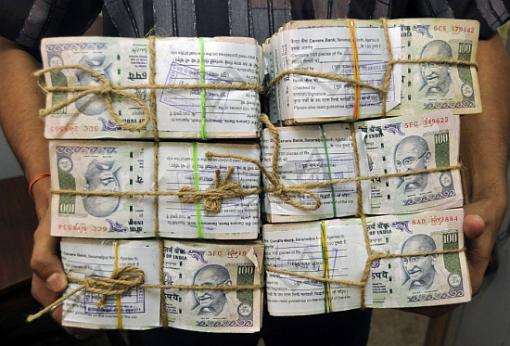
Given the difficulty and the high cost involved in setting up new projects, producers with capacity already set up have a huge advantage when it comes to production. They will be given the chance to reap windfall profits.
New players, on the other hand, will either lack capacity or suffer high costs of production (given the constraints of capacity creation).
By tilting the playing field against new players, one is discouraging the emergence of new, more aggressive and more efficient players across industries.
It will enable an otherwise incompetent management to effectively squat on assets, seek economic rents and benefits owing to their historic acquisition of land, environmental clearances, natural resources and so on - when these inputs were far cheaper and easier to obtain.
India has historically been very good at creating dynamic new companies, and this has been one of the greatest attractions of our market.
There has been much churning in the list of the 500 largest companies by market capitalisation over the last 20 years, even as liberalisation wiped out much of the advantages of the older, more entrenched companies that thrived in the licence raj.
This fundamentally improved the competitiveness and productivity of corporate India. By making it so difficult or expensive for newer entrants to either put up new capacity or expand, one is allowing incumbents to milk their good fortune of having functional capacity on the ground.
...
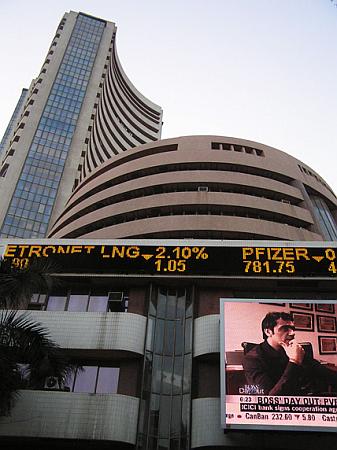
Rather than skill and managerial competence, historical connections and access to cheap resources will be the greater driver of corporate profitability.
An environment of constrained capacity will also lead to high margins. I would not be surprised to once again see the current leading Indian companies holding among the highest margins and returns on capital in emerging markets.
By erecting artificial barriers to entry, Indian policy makers are creating islands of high profitability, huge returns on assets and a potentially high-cost economy.
I would expect corporate earnings to surge among these entrenched, incumbent players at the first signs of economic acceleration. Great news for shareholders, not for consumers of these products.
We are also going to make it very difficult for suppliers of capital goods in India to compete and survive.
The bulk of corporate capex will go towards de-bottlenecking and productivity improvements (sucking more out of the existing assets), as opposed to fresh capacity.
Again, this focus on productivity rather than on greenfield capacity is very good for profits and return on assets, but not for job creation. A lot more jobs are created through the creation of a new plant than by tweaking the productivity of an existing factory.
India should improve its business environment if it is to become an easier place to do business and incentivise capacity creation. The current choking up of private sector investments has multiple harmful consequences.
The writer is fund manager and CEO of Amansa Capital